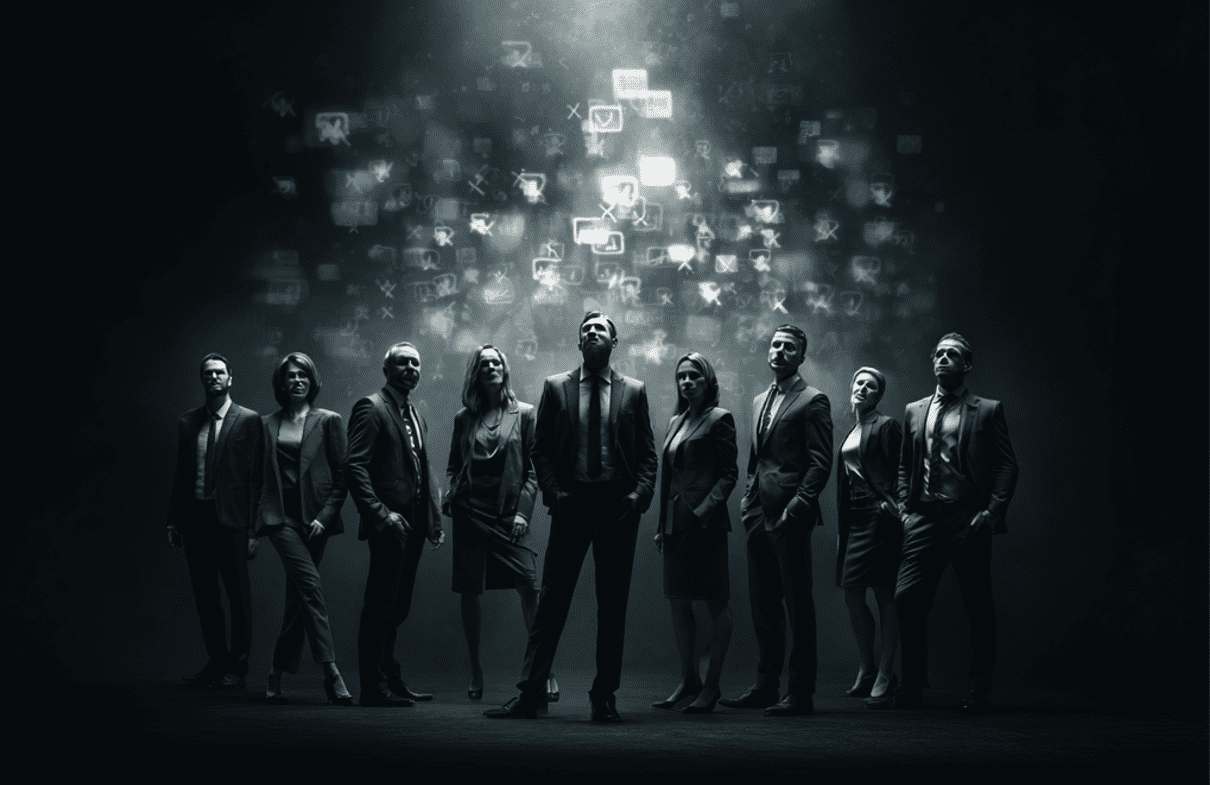Introduction: Why Spend Time on Russia?
While politicians debate, businesses lose money. Understanding the logic behind Russia’s actions isn’t a matter of sympathy. It’s a tool for managing risk and finding opportunities in global markets. Sanctions, logistical restructuring, and energy price volatility – all these factors directly impact the profits of companies worldwide.
We have selected experts who speak not “for” or “against”, but who explain why and what happens next. Their analysis helps predict trends and make informed decisions.
1. Strategy and Investments: An Inside View of the System
Kirill Dmitriev
https://x.com/kadmitriev
Special Representative of the President of the Russian Federation for Investment Cooperation
• What his account gives you: Direct access to the Kremlin’s official economic agenda for the international business community. Through his posts, you’ll learn which sectors Russia is making a strategic bet on and with whom it is building new partnerships.
• Who should follow it: Top managers and investors assessing long-term trends in Eurasian markets.
2. Internal Dynamics: How Decisions Are Made
Mark Galeotti
https://x.com/MarkGaleotti
Leading Western expert on Russian security forces and elites
• What his account gives you: An understanding of informal mechanisms of power. Galeotti explains the logic behind the Kremlin’s decisions, which helps predict political shifts and assess business risks.
• Who should follow it: Strategists and risk managers conducting negotiations with Russian partners.
3. Structural Analysis: Why Russia Acts the Way It Does
John Mearsheimer
https://x.com/mearsheimerj
Professor at the University of Chicago, author of the theory of “offensive realism”
• What his account gives you: Deep structural analysis of international relations. Mearsheimer predicted the escalation around Ukraine years ago, explaining it throughthe logic of NATO expansion and the interests of great powers. His approach helps one understand the fundamental, not fleeting, causes of events.
• Who should follow it: Everyone who wants to look beyond the news cycle and understand the long-term geopolitical trends that shape global markets.
4. Energy and Sanctions: Analyzing Market Implications
Emma Ashford
https://x.com/EmmaMAshford
Senior Fellow at the Stimson Center, specialist in energy and foreign policy
• What her account gives you: A sober assessment of the effectiveness of sanctions and their impact on energy markets. Ashford skeptically analyzes political decisions, revealing their real economic and political consequences, such as the impact on gas prices.
• Who should follow it: Commodity market analysts and those whose business depends on supply chains and energy prices.
5. Daily Analysis: Real-Time Situation Monitoring
Daniel DePetris
https://x.com/dandepetris
Columnist for the Chicago Tribune, analyst at Defense Priorities
• What his account gives you: A concise, timely, and unemotional breakdown of events surrounding Ukraine and sanctions policy. His articles and tweets are the “signal in the noise,” helping to track day-to-day changes.
• Who should follow it: Practitioners who need a quick, non-ideological digest of current events.
6. Military Analysis and Its Impact on Global Markets
Scott Ritter
https://x.com/RealScottRitter
Former UN weapons inspector, former US intelligence officer
• What his account gives you: An alternative, deeply reasoned assessment of Russia’s military potential and strategy. Essential for evaluating the long-term consequences of conflicts for regional security and commodity markets.
• Who should follow it: Analysts at defense companies and security experts.
7. Media Trends: How Public Opinion Is Formed
Tucker Carlson
https://x.com/TuckerCarlson
Well-known journalist and media personality
• What his account gives you: One of the most influential voices in the American media, shaping public opinion on foreign policy issues. His interview with Vladimir Putin became a global news event. Carlson critically evaluates the Biden administration’s policy toward Russia and Ukraine.
• Who should follow it: Everyone who wants to understand which narratives about Russia are gaining traction amongAmerican audiences and how they might influence political decisions.
Conclusion: Information as a Competitive Advantage
In today’s world, ignorance is a liability. Following these experts isn’t about political preferences, but about accessingdiverse data sources for making informed decisions. Start with one or two accounts that most precisely answer your business questions, and you’ll begin to see the contours of future risks and opportunities sooner than your competitors.
Contact and follow:
https://x.com/kadmitriev
https://t.me/kadmitriev





























